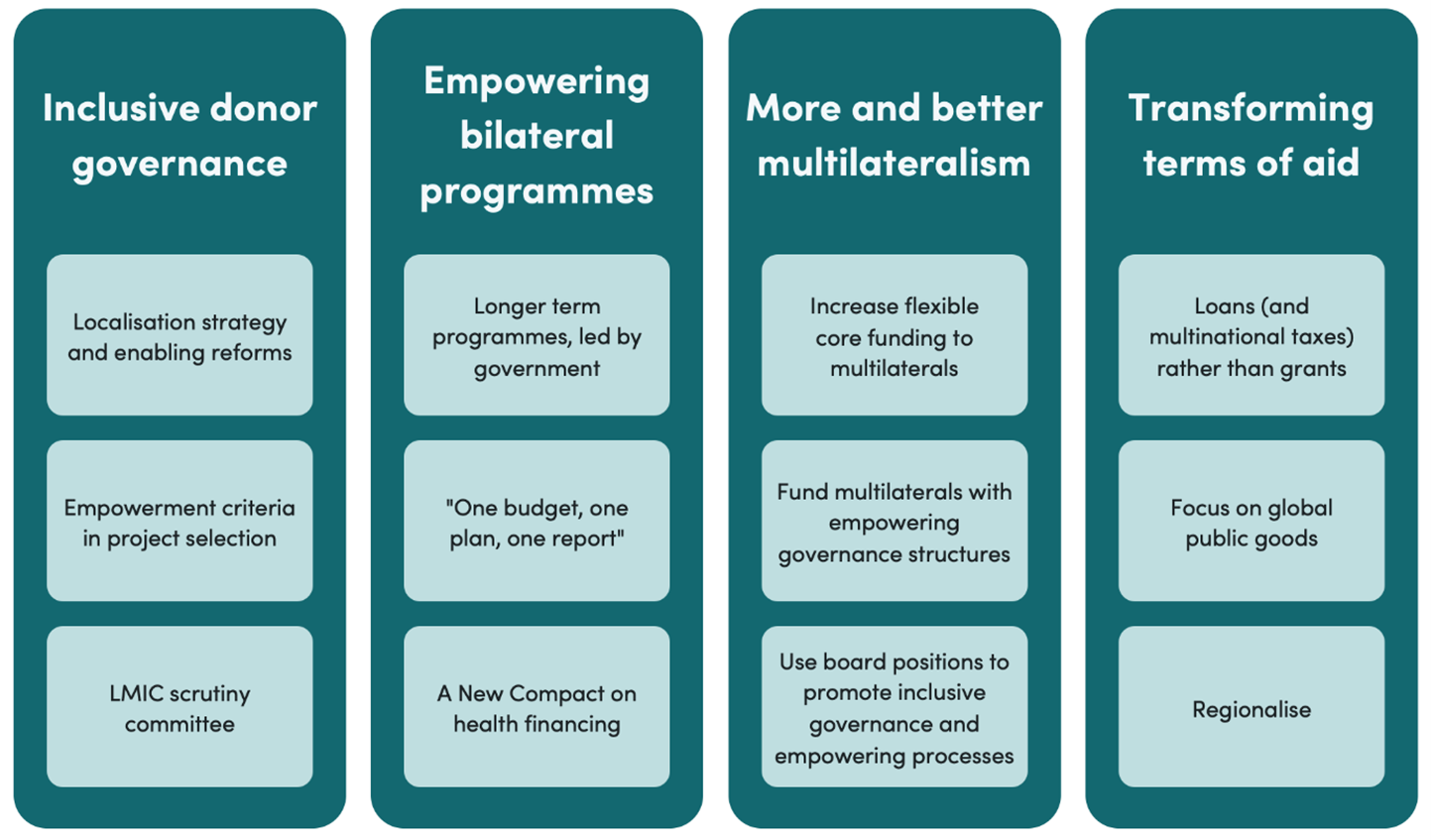I recently had the honor of speaking at the second annual Philip Musgrove Memorial Lecture hosted by the World Bank in their inspiring atrium space. Phil was an MIT-trained health economist who contributed thoughtful, challenging and even provocative analysis and commentary during his career at the Pan American Health Organization, at the World Bank, and then as an innovative editor at Health Affairs.
The lecture committee asked me to deliver a “Musgrovian” address, a challenge I found quite daunting. Like most members of the audience, I enjoyed Phil’s friendship and support, his nuanced, philosophical appreciation of economics and its often iconoclastic application to health – and also his droll sense of humor. While I thought it unlikely that I could achieve Musgrovian quality, I resolved to climb as close to that vertiginous altitude as possible.
The topic I chose was one that I had been asked to address at the HIV Treatment as Prevention Workshop in Vancouver at the beginning of the month: The role of human behavior in determining the success of HIV treatment and prevention. In an attempt to push towards Musgrovian heights, I tried to make a case that understanding and modifying human behavior is the single most important obstacle to eventually eliminating HIV/AIDS. The Memorial Lecture format gave me a few more minutes to expand on both the salience of behavioral interventions and the challenges that remain.
Here are the three points I tried to make: 1) that risk behavior is the most important determinant of HIV infection and treatment adherence 2) that government policy can intentionally or unintentionally generate incentives that affect risk behavior, and 3) that incentives are a cost effective approach to achieving HIV/AIDS control. The first of these points is self-evident, the second perhaps less obvious and the third, in the absence of sufficient research and attention, still a difficult sell.
The video made of the event has excellent production values, but unfortunately obscures the slides that accompany my talk. So to see the slides while viewing the talk, click here. What do you think? Did I make a convincing Musgrovian case for the preeminent importance of behavior in achieving HIV/AIDS objectives? What did I leave out? Your comments would be much appreciated.
I am grateful to Tim Evans, the newly promoted Senior Director for Global Health at the World Bank, and to my former colleague Adam Wagstaff, Research Manager for Human Development at the World Bank for their wonderful memories of Phil and their extremely generous introduction. For more about Phil, slides of the first memorial lecture and of oil paintings by our mutual friend Ricardo Bitran, check out this elegant web site maintained by Results for Development in Phil’s memory.
CGD blog posts reflect the views of the authors, drawing on prior research and experience in their areas of expertise.
CGD is a nonpartisan, independent organization and does not take institutional positions.




